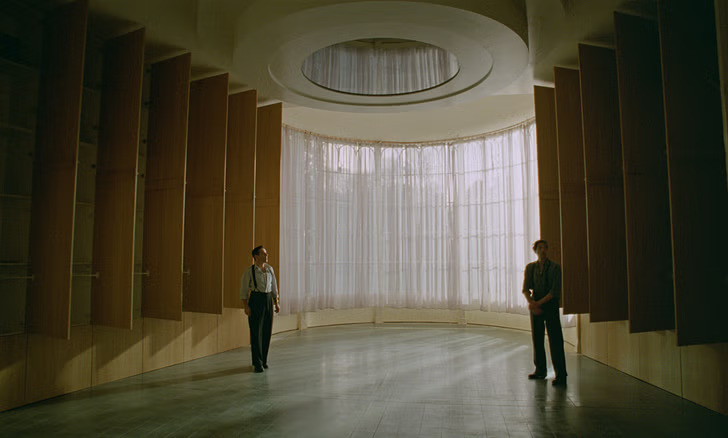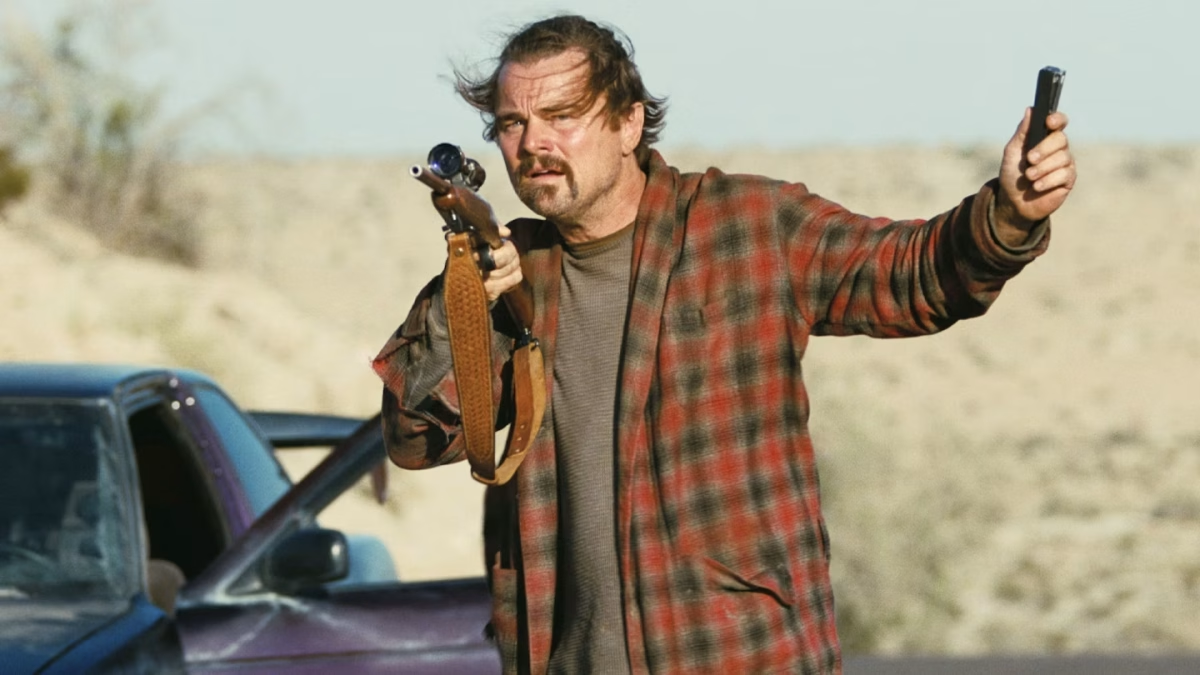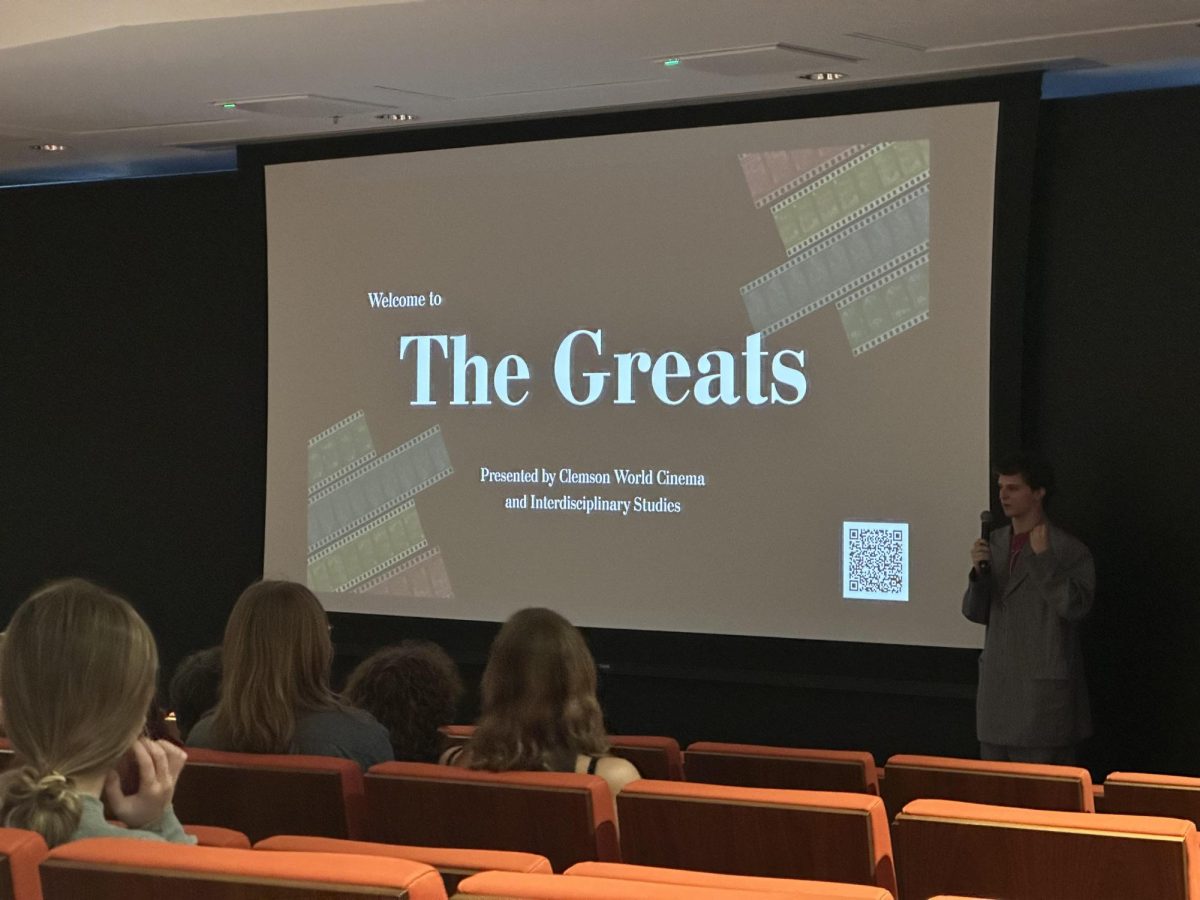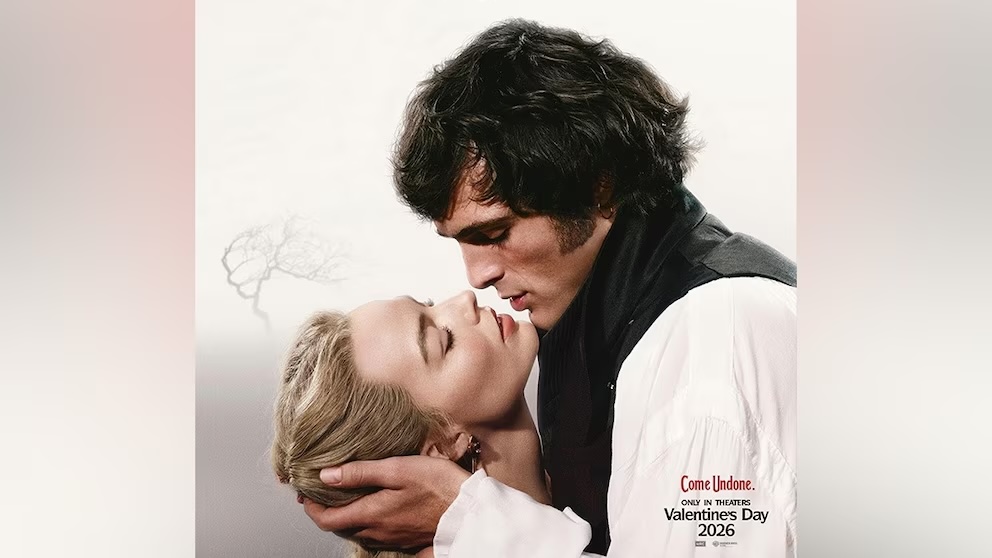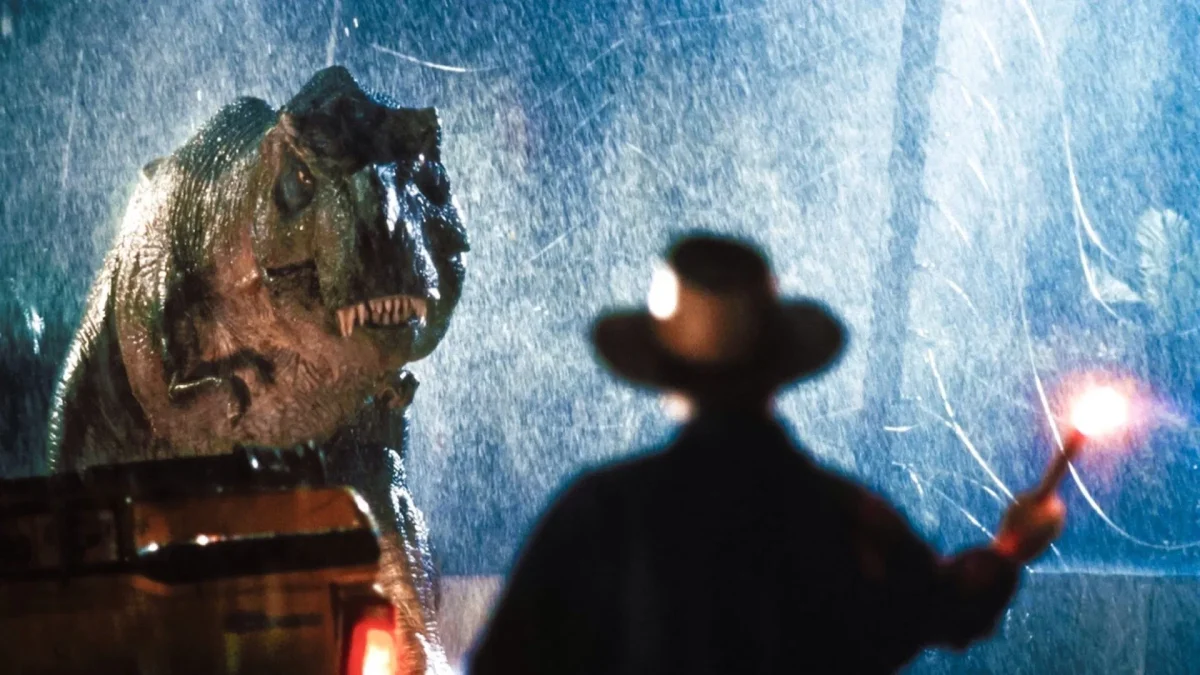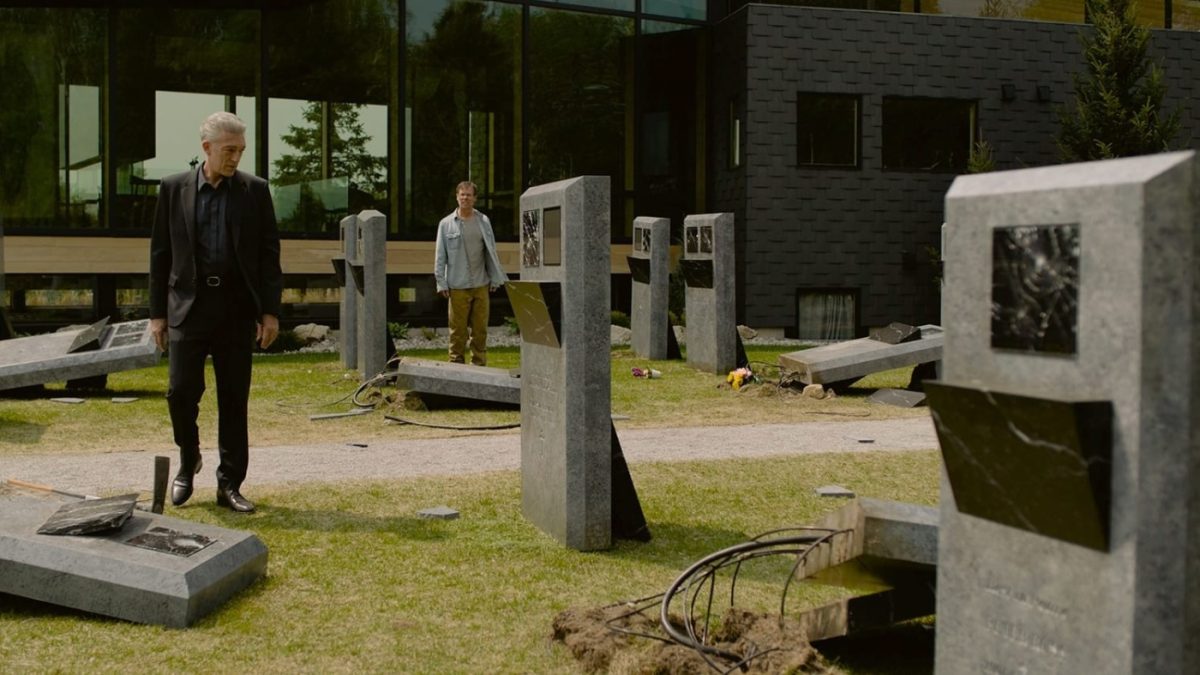In his review of Milos Forman’s 1984 film “Amadeus,” Roger Ebert opines on the difference between greatness and near-greatness. “True geniuses,” he says, “rarely take their own work seriously, because it comes so easily for them.” Almost-geniuses, on the other hand, “make it look like Herculean triumph.”
Brady Corbet’s epic “The Brutalist,” acquired and distributed by A24 after its much-discussed premiere at last year’s Venice Biennale, wants very much to belong to Ebert’s first category but falls just short, landing squarely in the second. It’s a definitive example of the Herculean triumph.
Corbet’s movie follows fictional Hungarian architect László Tóth, who emigrates to the United States after surviving the Holocaust. The brilliant but troubled artist is contracted by an eccentric, wealthy industrialist to build a community center in rural Pennsylvania, a project which predictably runs into a myriad of problems over the film’s nearly four-hour runtime.
The film is built on a bedrock of showy, modernist stylistic flourishes that mirror the blunt elegance of the edifice that Tóth designs. Corbet suffuses the movie with a quantity of framing devices, breathtaking images and overwrought monologues that threaten to become overwhelming. He’s trying so hard to create a masterpiece that he doesn’t give the material room to breathe.
That’s not to say that “The Brutalist” is bad or unimpressive, though. The scope of Corbet and Mona Fastvold’s screenplay is amazing, spanning decades and continents. The script is perfectly paced, a trait which is enhanced by Dávid Jancsó’s exceptional film editing.
Despite its massive runtime and weighty themes and images, “The Brutalist” never feels like it’s dragging on. Its pacing is one of its greatest strengths, alongside its principal performances. Adrien Brody plays Tóth, adopting a remarkably convincing Hungarian accent and an authentic sense of weariness as he tirelessly works to achieve his dreams. He plays perfectly off Guy Pearce, who embodies the brash industrialist Harrison Lee Van Buren.
Pearce’s plastic, paternal good-naturedness is almost comforting, but the rage and prejudice lying beneath the surface break through in several brief but shocking and impactful sequences. I might go so far as to argue that Pearce’s performance is even better than Brody’s.
The cast is rounded out by Felicity Jones, who is capable but unexceptional as Tóth’s wife Erzsébet, and Joe Alwyn, who is fantastic in the role of Van Buren’s petulant, violent son Harry. Isaach de Bankolé and Alessandro Nivola are both great in supporting roles as Tóth’s friend Gordon and cousin Attila, respectively.
The brutalist community center that Tóth designs is the focal point by which these characters are defined. To Van Buren, it’s a symbol of his own generosity. To Tóth, it’s a chance to create a legacy. Erzsébet sees it as an insidious force driving her husband mad, while Harry regards it as a waste of time and money.
The wealth of complex characters and the almost excessive immensity of the movie’s central symbol are like something from one of the infinite number of contenders for the title of great American novel. I think that’s the key to understanding Corbet’s movie: It’s a film striving to tell the essential American story, a microcosm of the nation seen as a complex web of corruption, idealism, prejudice and greed.
Unfortunately, it doesn’t quite get there. The back half of the movie falls prey to some of the pitfalls that frequently drag down those aforementioned books, namely the inclusion of a surfeit of self-serious plot developments that feel less like authentic extensions of the story and more like Corbet and Fastvold attempting to convince the audience that their script is a serious work of art trading in deep themes.
Near the middle of the first chapter of “The Brutalist,” Tóth tells Van Buren that his goal is to create buildings that can withstand the erosive machinations of time. His concrete monoliths will persist, he says, long after the banks of the Danube they’re built upon have worn down.
Corbet strives to make a film that, like its protagonist’s constructions, will last forever. Only time will tell whether he’s succeeded, but “The Brutalist” is a fascinating artifact nonetheless. If nothing else, I will be pondering its successes and failures for a long time.



